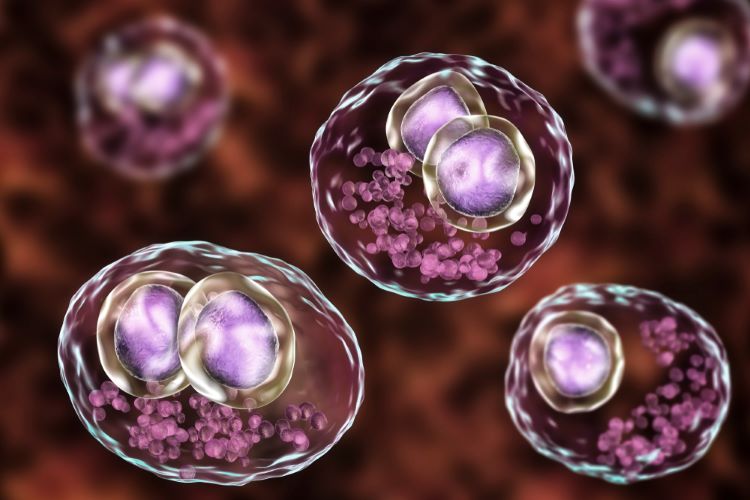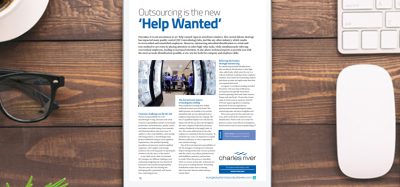First oral treatment approved for post-transplant refractory cytomegalovirus
Posted: 11 November 2022 | Catherine Eckford (European Pharmaceutical Review) | No comments yet
The EC has authorised the first UL97 protein kinase inhibitor for adults with post-transplant refractory cytomegalovirus infection.


Takeda has announced the European Commission’s (EC) authorisation for livtencityTM (maribavir), the first oral UL97 protein kinase inhibitor in adults with post-transplant refractory cytomegalovirus (CMV), who are also resistant to one or more therapies.
The drug has been approved for adults who have had haematopoietic stem cell transplants (HSCTs) or solid organ transplants (SOTs) and are resistant to standard antivirals including ganciclovir, valganciclovir, cidofovir and foscarnet.
The centralised marketing authorisation is valid in all EU member states, Iceland, Liechtenstein, Norway and Northern Ireland. The authorisation, based on a Phase III trial (NCT02931539), compared the safety and efficacy of livtencityTM in adults with refractory CMV with or without resistance to prior therapies.
LivtencityTM is already approved in the US, Canada and Australia.
Clinical trial results of livtencityTM for post-transplant refractory cytomegalovirus
The Phase III randomised, open-label, active-controlled superiority trial studied 352 adults in an initial two-week screening period, followed by randomisation of 2:1 to 400mg livtencityTM twice per day (n=235) or conventional antiviral therapies (n=117) for up to eight weeks. After treatment, participants took part in a 12-week follow-up.
The trial’s primary efficacy endpoint was confirmed CMV DNA level lower limit of quantification (<LLOQ) <137 IU/mL in two consecutive samples separated by at least five days, as assessed by the COBAS® AmpliPrep/COBAS® TaqMan® CMV test at the end of week eight. The main secondary endpoint was CMV DNA level <LLOQ and CMV symptom control at the end of week eight with treatment efficacy maintaining through to week 16.
“Patients who receive a transplant can face a difficult… recovery that involves medicines to suppress their immune system. The additional burden of a CMV infection that has become refractory to treatment… could threaten their transplant,” said Ramona Sequeira, President of Global Portfolio Division at Takeda. “With the EC approval of livtencityTM, we are privileged to offer healthcare providers in the EU and EEA with an additional oral antiviral treatment for post-transplant refractory CMV.”
CMV is one of the most common and serious post-transplant infections. “When not successfully treated, CMV… often leads to increased organ rejection and higher hospitalisation rates,” added Dr Luciano Potena, President of the European Society for Organ Transplantation (ESOT). “The approval by the EC recognises the need for a new antiviral approach.”
Related topics
Biopharmaceuticals, Clinical Development, Clinical Trials, Drug Development, Drug Safety, Kinase, Research & Development (R&D), Therapeutics
Related organisations
European Commission (EC), European Society for Organ Transplantation (ESOT), Takeda









